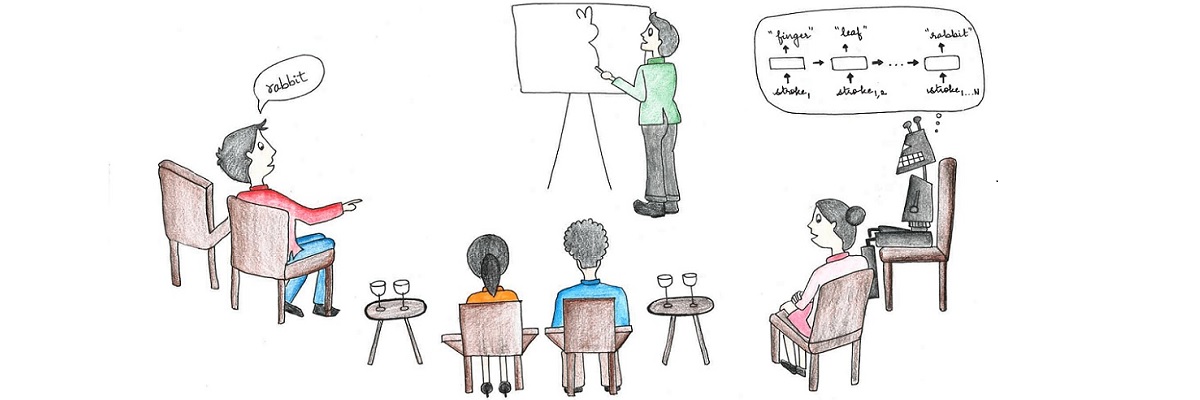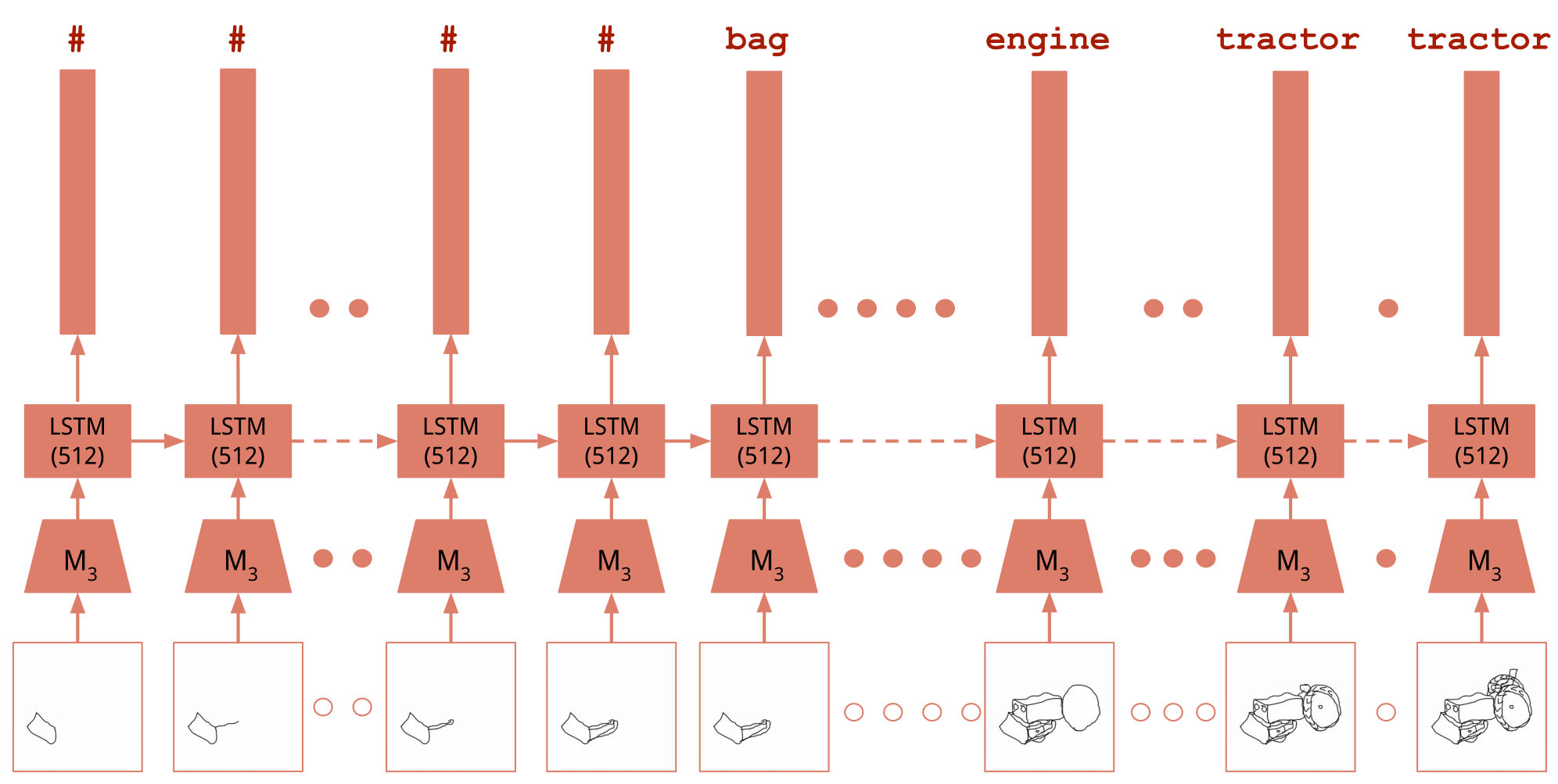Can AI enable robots to play social games?

In the history of Artificial Intelligence (AI), computer-based modelling of human player games such as Backgammon, Chess and Go has been an important research area. The accomplishments of well-known game engines (e.g. TD-Gammon, DeepBlue, AlphaGo) and their ability to mimic human-like game moves has been a well-accepted proxy for gauging progress in AI. With these developments as inspiration, we introduce the first computational model aimed at Pictionary, the popular word-guessing social game.
In social games, the primary emphasis is on cooperative game-play in a relaxed setting, unlike the typical zero-sum, competitive game play associated with games mentioned above. This requires a rethink in terms of agent and game play modelling. In particular, Pictionary is complicated by additional factors such as multi-modal game play (guesser uses speech/lexical modality while drawer uses visual modality), asynchronous turn-taking and only high-level notions of what constitutes a ‘win’.
To address these challenges, Prof. Venkatesh Babu’s Video Analytics Lab members design a deep network-based approach as a recurrent neural network which maps the temporally and incrementally evolving sketch to a sequence of human-like object guesses. Developing such computational models of human guessing enables characterization of realistic, possibly suboptimal human drawings and responses which arise in Pictionary.
The performance of these models measured relative to human responses enables us to quantify the extent to which these models encode non-trivial human behavior and mimic human responses. More broadly, our work represents a preliminary but important step towards the realization of AI agents whose human-like, relatable responses increase their acceptance in social settings.
Pictures:
 Deep network model
Deep network model
Reference:
Ravi Kiran Sarvadevabhatla, Shiv Surya, Trisha Mittal, R. Venkatesh Babu, “Pictionary-style word-guessing on hand-drawn object sketches: dataset, analysis and deep network models” accepted in IEEE Transactions on Pattern Analysis and Machine Intelligence (TPAMI), 2018. (DOI: 10.1109/TPAMI.2018.2877996)
Project page: https://github.com/val-iisc/sketchguess





